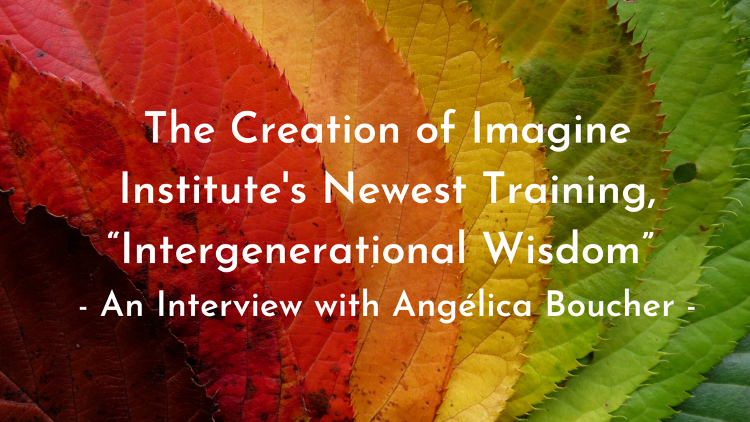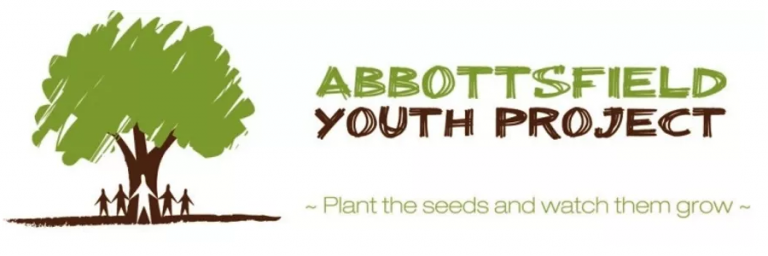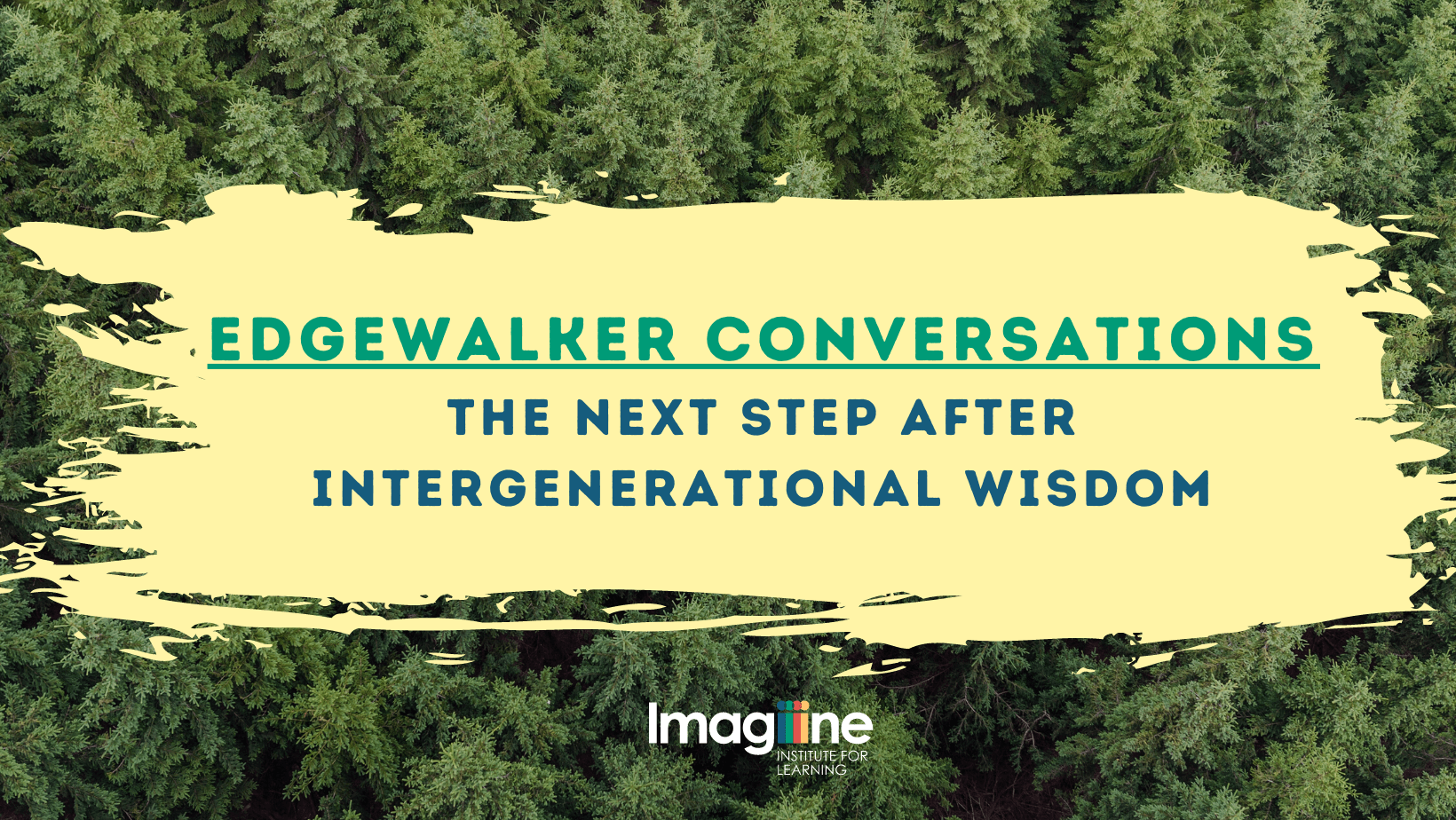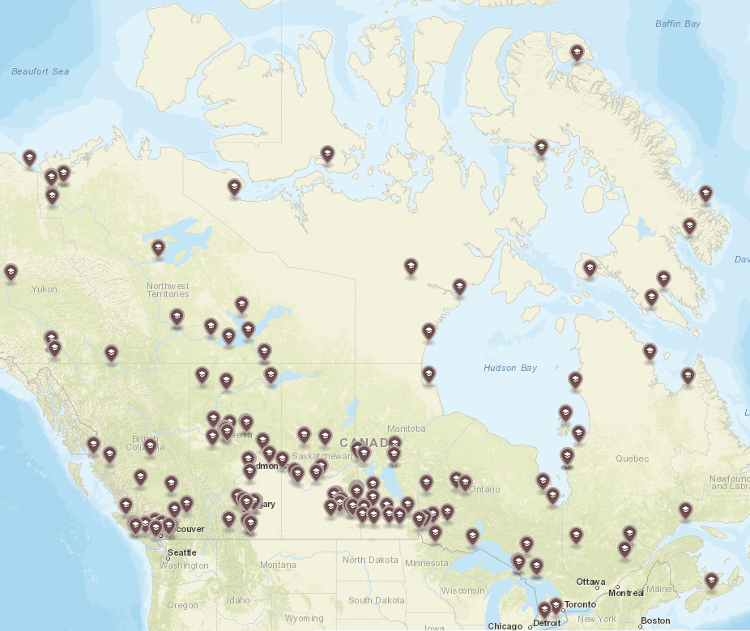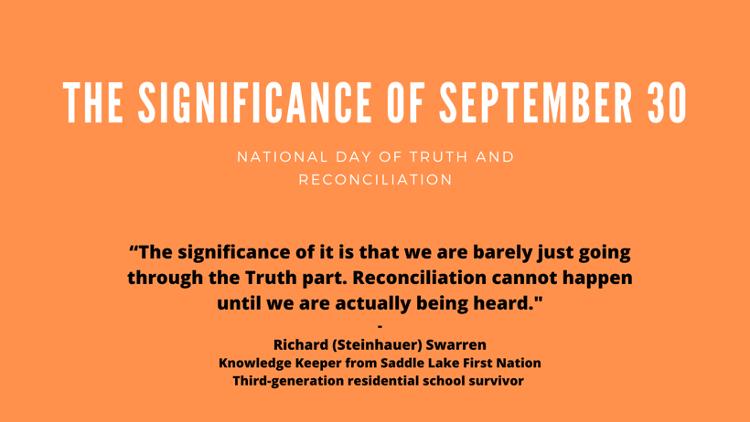Talk with a Traumatologist
Talk with a Traumatologist
What Can Change When We Become Trauma-Informed?
An interview with Line Marie Perron, Executive Director of Imagine Institute For Learning
You’ve heard of a psychologist, a biologist, and now, thanks to COVID, an epidemiologist, but what about a traumatologist.
Trauma is defined as the lasting psychological consequences that living through a distressing event or experience can have on an individual. Traumatic events can include physical, sexual, emotional, relational, or environmental experiences which overwhelm our internal and external coping and support mechanisms (Centre for Addictions and Mental Health). An -ologist isn’t a specific job or field but a suffix, added to the end of a word to denote someone who is an expert or specialist in a particular field achieved through study and application. So, a Community and Workplace Traumatologist is “a professional who helps trauma survivors or engages in trauma-related response activities and support,” says Line Marie Perron, Founder and Executive Director of Imagine Institute For Learning.
Line is a certified Community and Workplace Traumatologist and Master Trainer. She has trained over 1200 professionals in Trauma-Informed Care and has over 30 years of teaching and facilitation experience. Translating Trauma-Informed Care Principles into Practice, Responding to Trauma in Early Childhood, and Sciences of Hope: Brain Science and Resilience are just a few of the many evidence-based learning opportunities that Line and the team of Imagineers at Imagine Institute have developed for those who want to integrate a trauma-informed lens to their current practice.
Line, what originally inspired you to become certified as a CWT?
Imagine works with a wide variety of professionals (social workers, educators, health practitioners, first responders, etc.) who report having to respond to increasingly complex individuals and environments. In the last ten years, Alberta has experienced 3 of the largest natural disasters in its history. Community-level trauma can be complex and leave lasting emotional and psychological legacies.
I am inspired by the idea that trauma-informed care is a foundational practice to create safety and put people back in the driver’s seat. Being trauma-informed is a way to activate all the knowledge and skills we have and helps us create interactions with people that are woven with kindness, empathy, and generosity. While this sounds simple, once you really engage yourself, you realize how challenging it can be. Our current systems don’t always allow for the additional time it takes to build safety and trust with individuals who have been hurt.
What most inspires me is the research demonstrating how being trauma-informed can minimize vicarious trauma and burnout for staff. Working with vulnerable and complex individuals is hard work and takes its toll on professionals across sectors. If we can load their toolbox with a few extra tools and strategies to help them navigate those challenges while maintaining their health and wellness, it’s a great return on investment. I particularly wanted Imagine to be in a position to build capacity within the sectors we work with.
What is something that most people do not know about trauma, but you wish they did?
Trauma often shows up as behaviour; behaviour that is perceived as positive and socially acceptable, but which can be damaging to the individual’s well-being. Think of the individual that is always trying to please others at their own expense, or the perfectionist that cannot find joy in the imperfect. Trauma isn’t always aggression, depression, and anxiety. It shows up in a variety of ways. Understanding the neurobiology of how trauma responses form really helps us to interact differently with people in a way that supports growth and fosters safety and trust.
What is a common misconception that people have about trauma?
A common misconception is that our trauma defines us. It can certainly transform us, dent us, build us up or wear us down. But ultimately it does not define us. We are bigger than what happens to us and inside of us. The translation of that idea into practice invites us see hope when we work with clients. We know that no matter what has happened to people, we can create environments where they feel safe and have choice and control. This is pivotal in helping professionals set healthy boundaries for both themselves and their clients, patients, or students. Many professionals think that being trauma-informed is for the people they work with, but a trauma-informed practice benefits everyone, including themselves.
Now more than ever, why is there a need for more people and organizations to be trauma-informed?
We have never experienced this collective level of uncertainty and change at such a community and global level. We are so interconnected with the rest of the world that very few of us have remained immune to the impact of COVID. As social workers, educators, health practitioners and first responders continue to hold back the dams, they themselves are inevitably losing strength and capacity. We are losing the people who have been on the front lines of this pandemic to burnout, empathy drain, and physical and emotional exhaustion. We cannot afford that.
So, our goal at Imagine is to equip both professionals and community members with more tools in their toolbox and support them in any way we can. Sometimes, just listening to their stories during training sessions validates their experiences and re-engages their passion for their work. Theirs is personal work done professionally and to support the professional, we need to support the person. We can be kind, empathetic, generous, and, for just one moment, take on their perspective. We just might learn something new.
If you are interested in learning more about trauma-informed care, visit the Training section of our website. The professional development offered by the Imagine Institute provides concrete opportunities for skill-building and reflection promoting the confident use of trauma-informed skills in the daily practice of professionals. To date, we have facilitated workshops, trainings, conferences, and Learning Immersions for tens of thousands of participants and continue to have waiting lists for many of our sessions.

